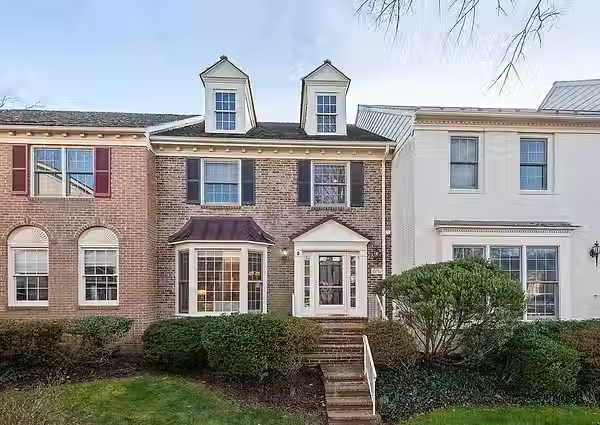
Buying Your Home
Buying a home—whether it’s your first, a fixer-upper, or your forever home—is an exciting milestone. But it can also be time-consuming, stressful, and overwhelming.
Having a great realtor by your side makes all the difference. From setting a realistic budget to navigating the market and negotiating offers, an experienced agent can guide you through every step and help make the process as smooth and successful as possible.
First Time Buyers
Considering the Washington, DC housing market, right now might be the best of all times to buy your first home as property prices are somewhat lower than they’ve been. The key is to do your homework, move carefully, and get the best representation possible.
Beginning the Buying Process
First, make sure buying is for you. If rents in your desired neighborhood are relatively inexpensive and homes are costly, it might be a better bet to simply rent. If you may be changing jobs, or don’t feel that you’ll be staying in your current location, then again, perhaps consider renting. In our area, you’re most likely to find that rent is on the high side; so buying might make sense for you.
Before you start the home-buying process, make sure you are ready to buy a home where you will live for three to five years or longer. Most likely it will take that long to build equity in a home and recoup your investment costs. Feel free to imagine your dream home and your dream neighborhood, but recognize that you may need to sift through these dreams to find a community and a home that you can comfortably afford.

Buying a Fixer Upper
Buying an old house, which needs some work, can be a challenging but rewarding way to add some “instant equity” to your home purchase. Whether you are buying a home and hoping to get more house for your money, or hoping to make a profit as an investor, the right fixer-upper can be just the property for you.
Before You Begin
There are several obvious things you should consider before buying a fixer upper: cost of the needed repairs, potential market value of the renovated home, anticipated use (whether home or investment), and the required time for the fix-up effort. Buying fixer-uppers can get you more house than you would normally be able to afford at a reasonable price. They can be pleasantly inexpensive. But they can also be money pits, once you get past the charming wood floors and “good bones.”

Your Dream Home
While it’s fun to dream and fantasize, when the time comes to really get down to a successful search for that perfect home, it’s more important than ever to follow a common sense plan.
Making a List
Before you do anything, sit down and create a list of all your wants and needs. Include everything that comes to mind. Prioritize your list, because unless you have unlimited financial resources, you will probably have to make some compromises.
Next, establish a price range. Figure out how much you have available each month for your housing expenses. For most of us who will require a mortgage, talk to your bank or lender to see what you might qualify for. When considering a mortgage, get pre-approved before you start looking for homes.
Pre-qualification by a lender isn’t enough to put in an offer. It’s a pre-approval that will win the day with sellers.








